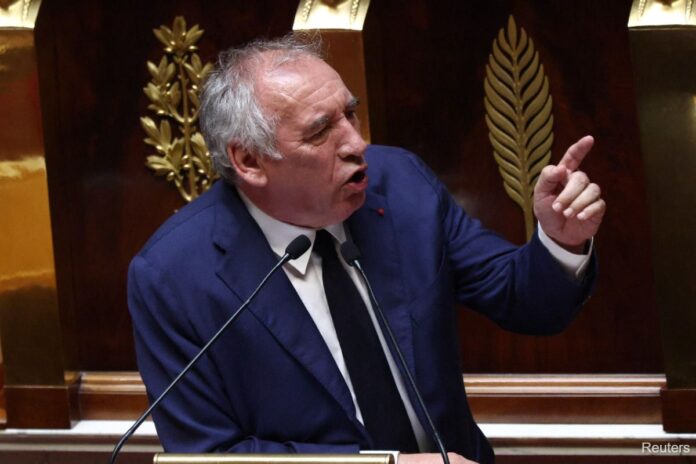The European Union and the United States reached a trade agreement that will see Washington impose a 15% tariff on most EU goods starting next month, cutting the previously threatened 30% rate in half.
The deal also includes $600 billion in expected private-sector investments from EU companies into the U.S. and $750 billion in strategic energy purchases over three years.
While most EU countries supported the agreement, France strongly criticized it. French Prime Minister Francois Bayrou called it a “submission” and said it was a dark day for the alliance.
The EU’s top trade official, Maros Sefcovic, said allowing the full 30% tariffs to take effect would have been worse and that the new deal offers at least some certainty. He said the 15% rate is the best outcome possible under the circumstances.
Germany welcomed the agreement as a way to avoid a trade conflict that could have harmed its export-led economy. Chancellor Friedrich Merz said the deal was necessary, but noted more work remains, especially on steel.
Talks between EU and U.S. officials will continue in the coming weeks to finalize a full deal. The current framework still needs approval from EU capitals, and many of its details will be clarified in a joint statement expected by August 1.
EU officials said the investment figure of $600 billion is based on combined private-sector plans rather than direct government pledges. In contrast, Japan’s recent $550 billion deal with the U.S. includes government-backed investments.
President Donald Trump said the EU deal builds on that and will improve trans-Atlantic ties after what he described as years of unfair trade practices.
European countries had hoped for a zero-tariff agreement. Instead, the 15% rate compares to the previous average U.S. import tariff of about 2.5% before Trump returned to office.
European stocks rose on Monday, with the STOXX 600 hitting a four-month high. Companies in the tech and healthcare sectors led gains, partly due to the lower-than-expected tariff level.
Industry groups said the deal avoids a major crisis but still brings challenges. The head of Germany’s chemical association said European exports will lose some competitiveness, while U.S. customers will also face higher costs.
Questions remain about how the EU will meet its pledges, especially in energy. U.S. oil production is expected to fall short of earlier forecasts, and although LNG capacity is expanding, it may still not be enough to meet European demand.




